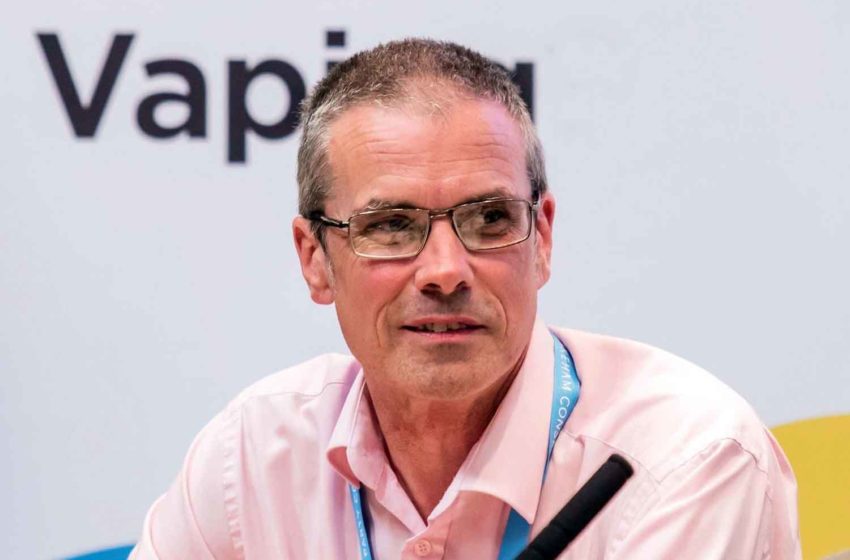HQDTECH USA and Nepa 2 Wholesale have agreed to pay more than $275,000 to VPR BrandsRead More
The country has an interest in the success of its vapor business, says advocate. Read More
The two-day virtual seminar will focus on legal and regulatory issues.Read More
New category products are now a sizeable contributor to group revenue growth. Read More
The district court judge appears receptive to the request. Read More
PMI, JT, Imperial Brands and Altria Group feature on CDP’s prestigious A list. Read More
The push is based on scientific evidence about the harm of menthol, says CTP Director. Read More
The group calls for more public oversight of policies. Read More
New registration and licensing requirements apply to domestic e-cig sellers and exporters alike.Read More
Maique will oversee the company’s factory in the Dominican Republic.Read More
Recent Posts
- Stakeholders Mark Start of Brazilian Tobacco Harvest
- Universal Reports Preliminary Results
- Study: Online Retailers Fail to Comply With Rules
- Pyxus Posts ‘Solid’ Quarter
- Illicit Trade Hurts PTC’s Sales
- Juul Labs Appoints MD
- ‘Switchers’ See Improved Respiratory Health
- Ispire Net Loss Widens to $5.6 Million
- Boredom, Relaxation Top Drivers of Teen Vaping
- Ondato Launches Age-Verification System
- Top Court Strikes Down Vape Import Ban
- KT&G Rejects Offer for Ginseng Business
- Chandrasiri Joins Ceylon Tobacco Board
- Tax Hike Boosts ‘Tobacco Tourism’
- JTI Turkey to Invest in Torbali











